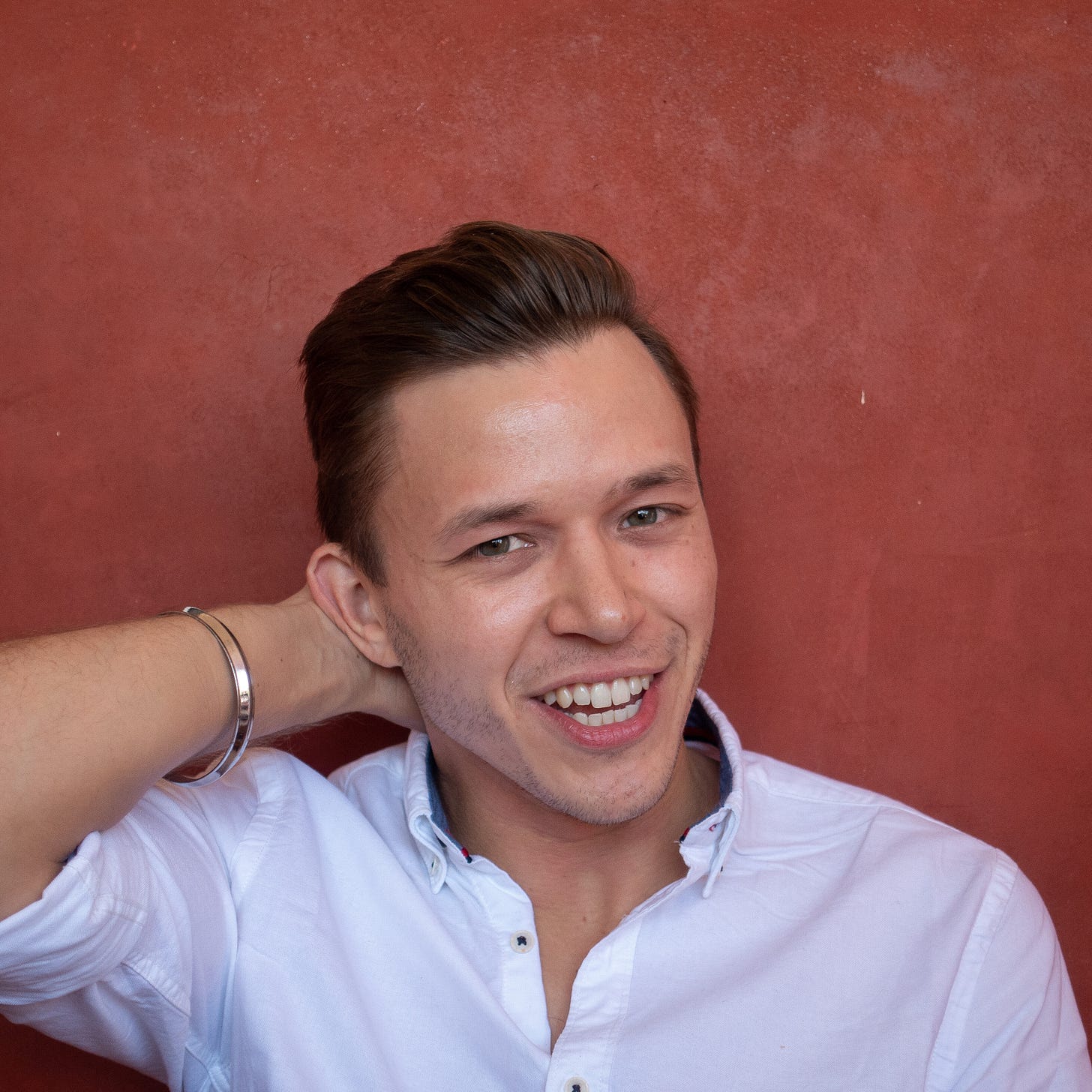Jassa Ahluwalia: “I'm not waiting for others to define me”
The actor on how language has been a powerful tool in retaining his Punjabi identity

Hi, welcome back to Mixed Messages! This week, I speak to actor, writer and filmmaker Jassa Ahluwalia. Jassa is of Punjabi and White British heritage, and his TEDx talk, Both Not Half, looked at how the language around identity has helped to shape his sense of self. As Punjabi-British myself, I was really excited to hear how Jassa’s experience compared …



